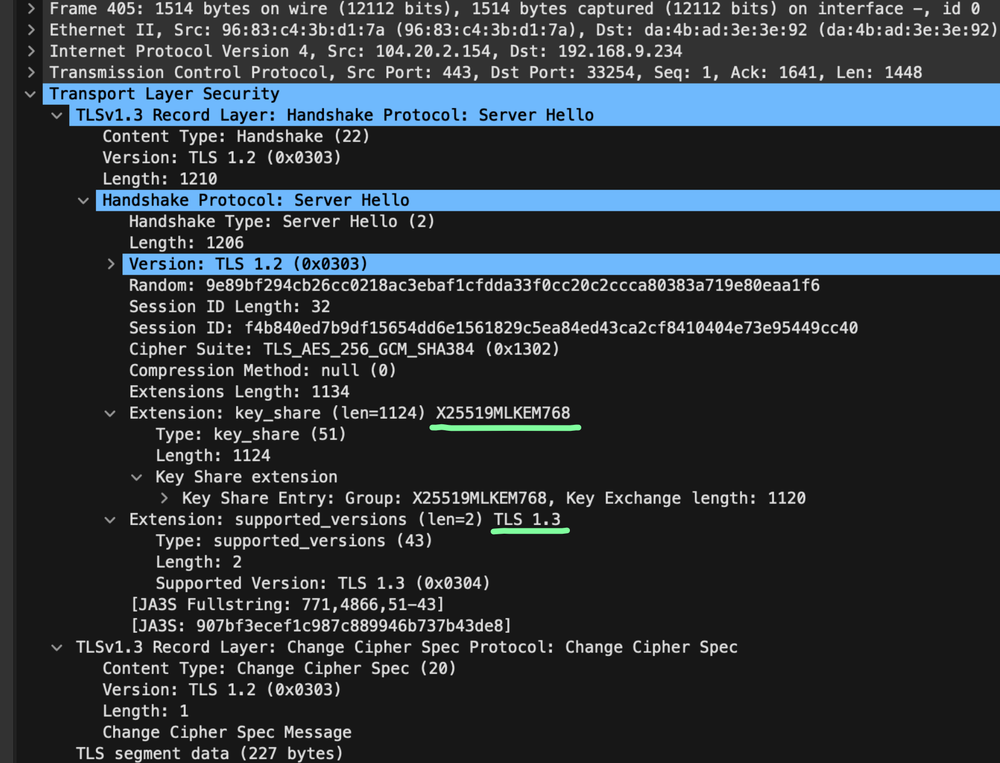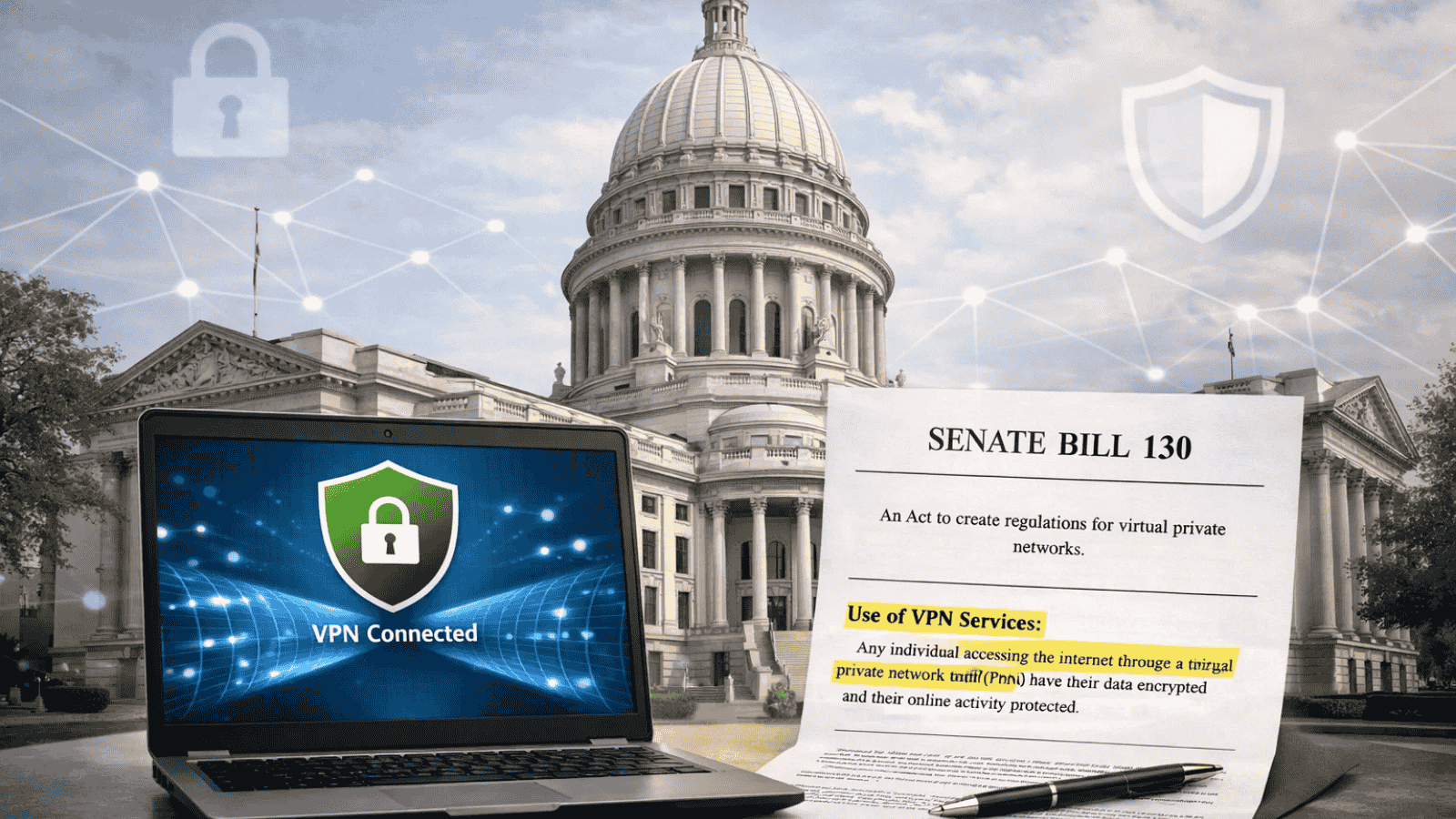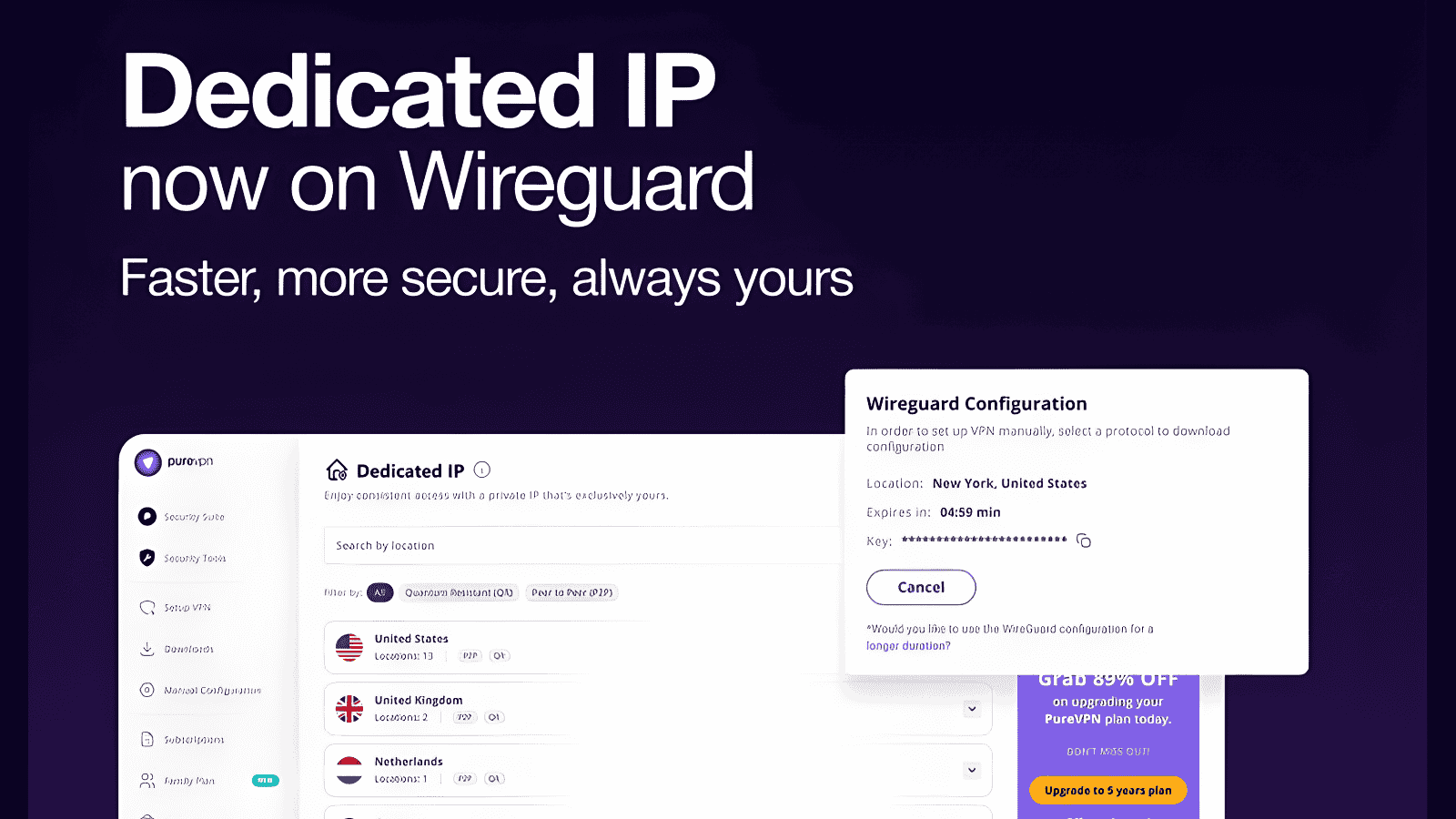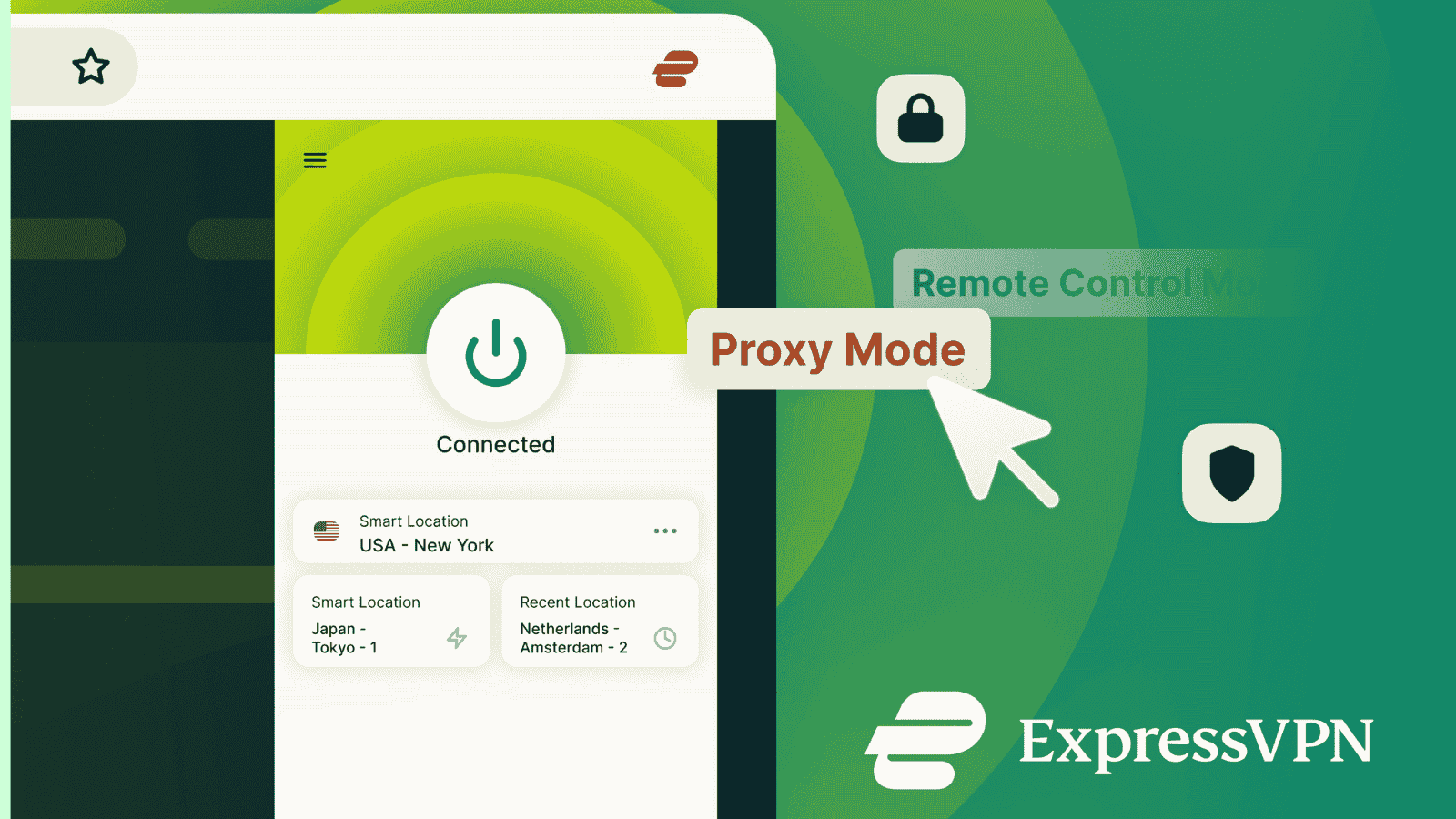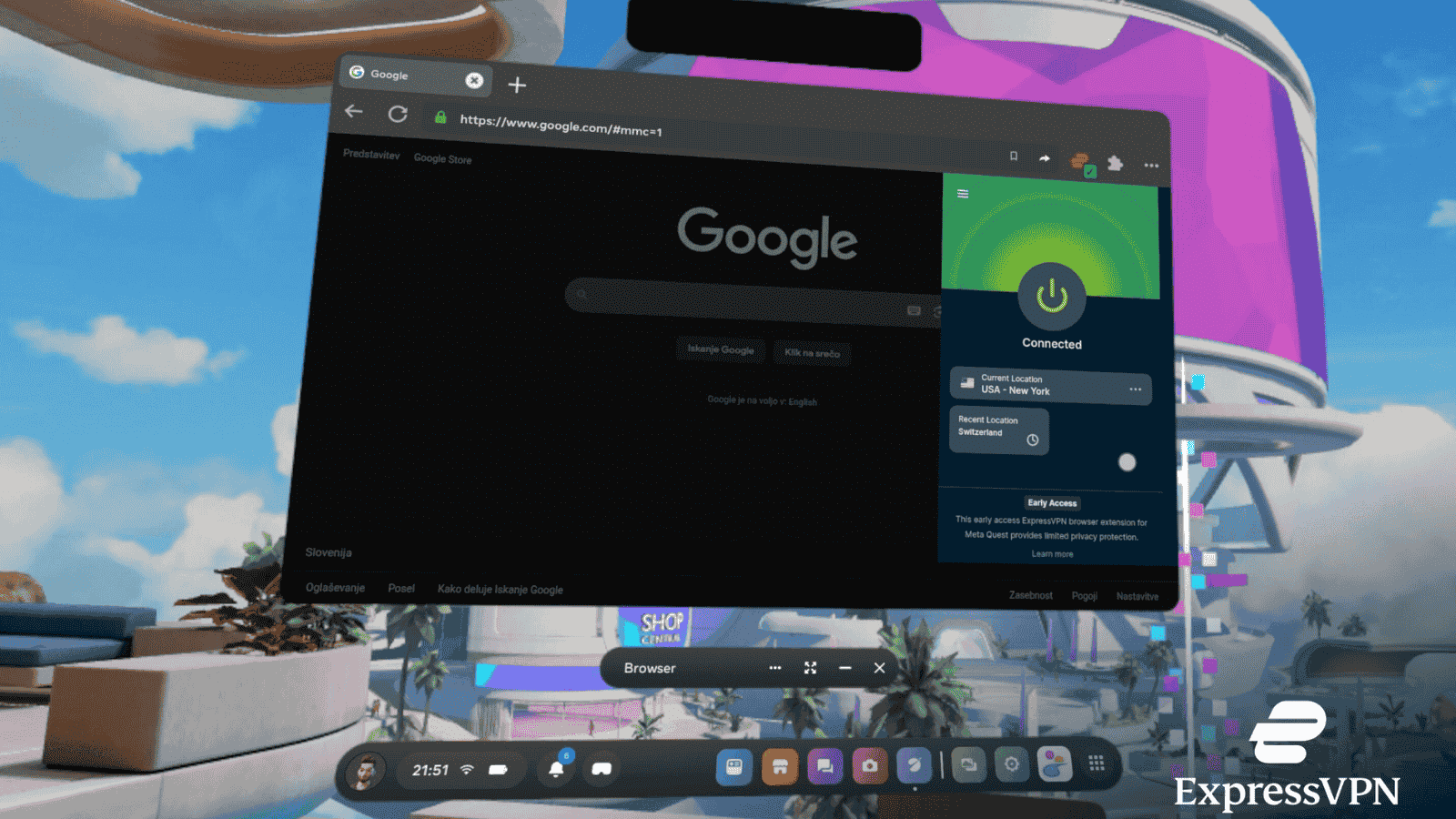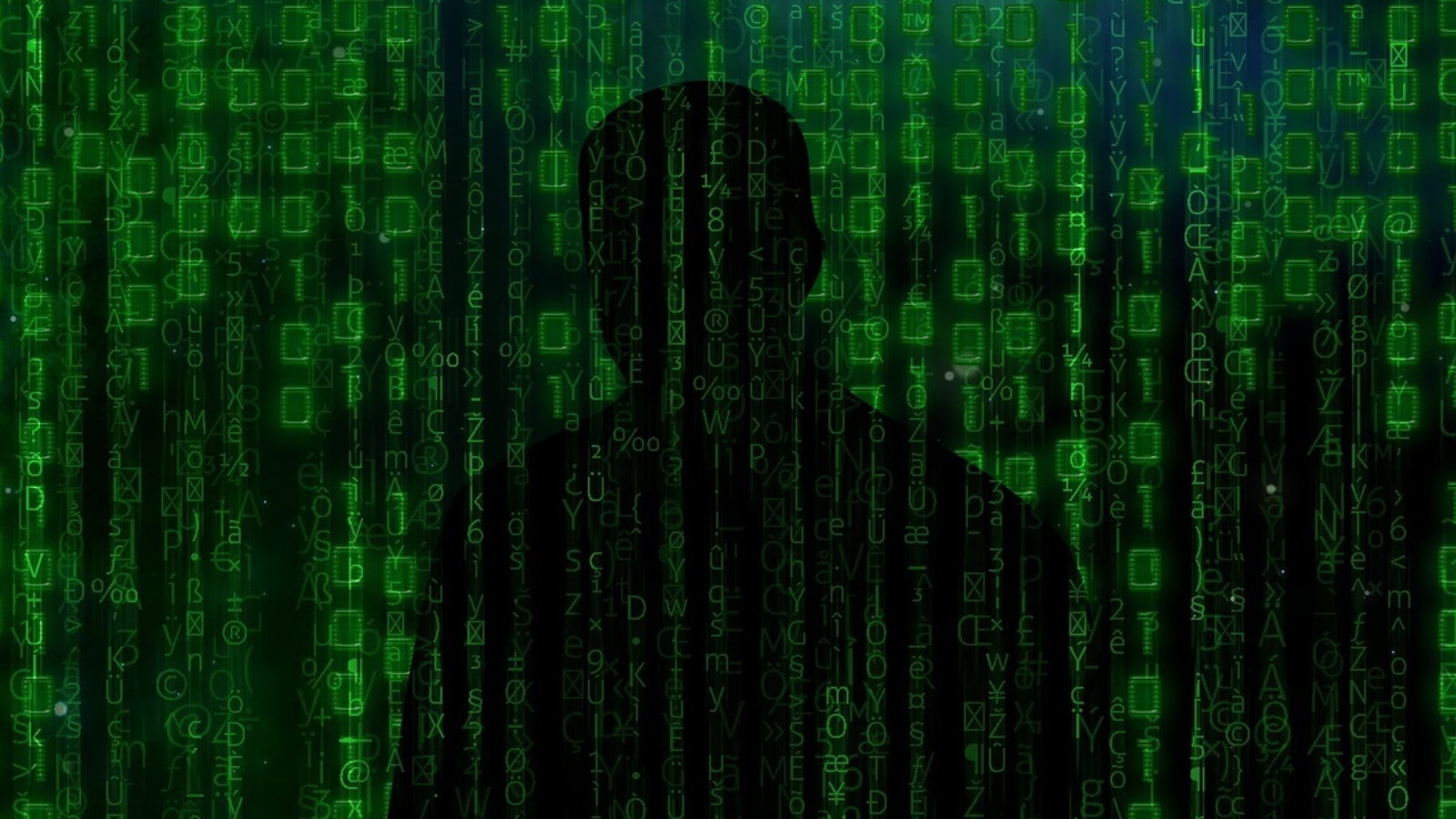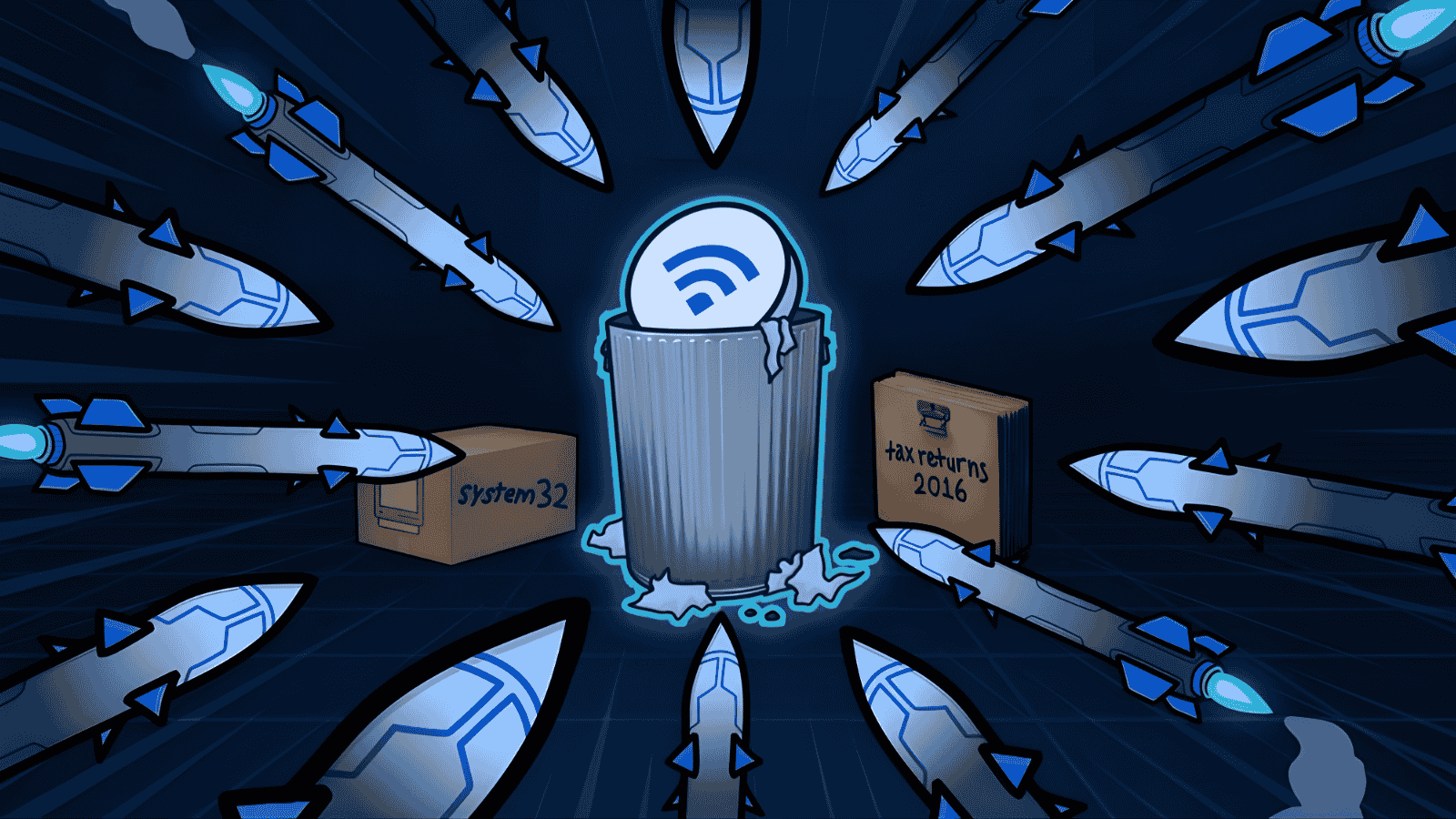
Windscribe Introduces Post-Quantum VPN Encryption to Counter Future Threats
- Next-Gen Security: Windscribe launches Post-Quantum Encryption to safeguard VPN connections from quantum decryption risks.
- Technical Upgrade: Uses TLS 1.3 with hybrid X25519MLKEM768 key exchange for post-quantum resistance.
- Easy Activation: Users can enable PQE by updating, logging out, and selecting the WireGuard protocol.
The rise of quantum computing is increasingly viewed as a serious challenge to existing cybersecurity systems. As quantum computers continue to evolve, traditional encryption standards, once considered virtually unbreakable, could soon be at risk.
To stay ahead of this threat, VPN provider Windscribe has announced the rollout of Post-Quantum Encryption (PQE), a next-generation security feature designed to safeguard user data even in a post-quantum world.
What Is Post-Quantum Encryption?
Conventional encryption methods, such as AES, rely on complex mathematical algorithms to protect data. While these are extremely secure under current computing limitations, quantum computers could change that equation dramatically.
Unlike classical computers, which process data bit by bit, quantum computers can evaluate multiple states at once. This parallel processing capability could, in theory, allow them to decrypt AES-encrypted data in a fraction of the time.
Post-Quantum Encryption (PQE) aims to mitigate this risk by using encryption algorithms that remain secure even against quantum-level attacks.
Windscribe’s Post-Quantum Implementation
According to the official WireGuard® documentation, the protocol’s pre-shared key (PSK) parameter can be used to add an extra layer of post-quantum secrecy. Windscribe says it has leveraged this feature since introducing WireGuard support, but with one key difference: the company has now made the entire process post-quantum resistant.
In an earlier conversation with TechNadu, Yegor Sak, CEO and Co-Founder of Windscribe, had hinted at this move. At the time, Sak mentioned that quantum threats were “on our radar,” adding that Windscribe was already integrating post-quantum key encapsulation mechanisms (KEMs) into its protocols. He also noted the company’s work on lattice-based cryptography, hybrid algorithms, and gradual rollouts aligned with NIST and EU roadmaps, plans that have now materialized through this PQE release.
Starting with the following app versions, Windscribe’s WireGuard connections now use a post-quantum-resistant encryption algorithm (TLS 1.3 with hybrid key exchange mechanism X25519MLKEM768):
- Desktop: v2.17.9
- Android: v3.93.1835
- iOS: v3.9.4
The company notes that the PresharedKey is rotated every time a user logs into the app, adding another layer of protection.
Windscribe has also validated its post-quantum primitives using Wireshark, ensuring that the new encryption standards work as intended.
How to Enable PQE in Windscribe
Users can enable Post-Quantum Encryption in just a few steps:
- Log out and log back in to the latest version of the Windscribe app.
- This step is mandatory for all users who were logged in before the update.
- Select the WireGuard protocol in the app settings.
- Choose your preferred server location and connect as usual.
Once these steps are complete, your connection will automatically use post-quantum encryption.
Why It Matters
While current encryption remains secure, experts warn that Store Now, Decrypt Later (SNDL) attacks, where attackers store encrypted data for future decryption, pose a growing risk. Once quantum computing advances sufficiently, such stored data could become vulnerable.
By adopting PQE now, Windscribe is taking a proactive stance to safeguard users from potential future threats.
As quantum technology continues to advance, Windscribe’s move signals what could be the next major evolution in VPN security.



